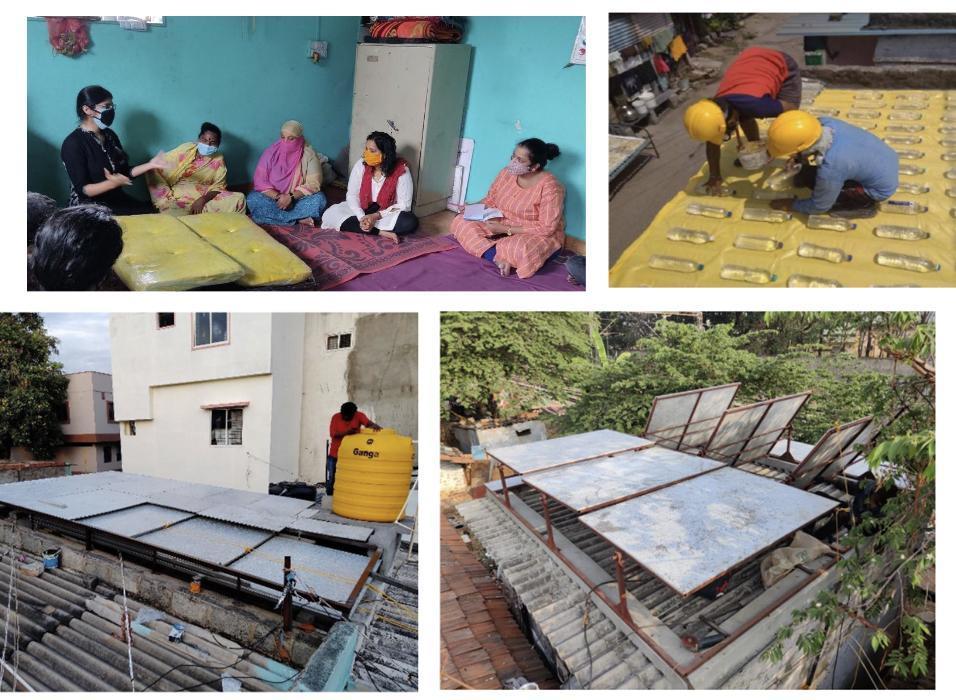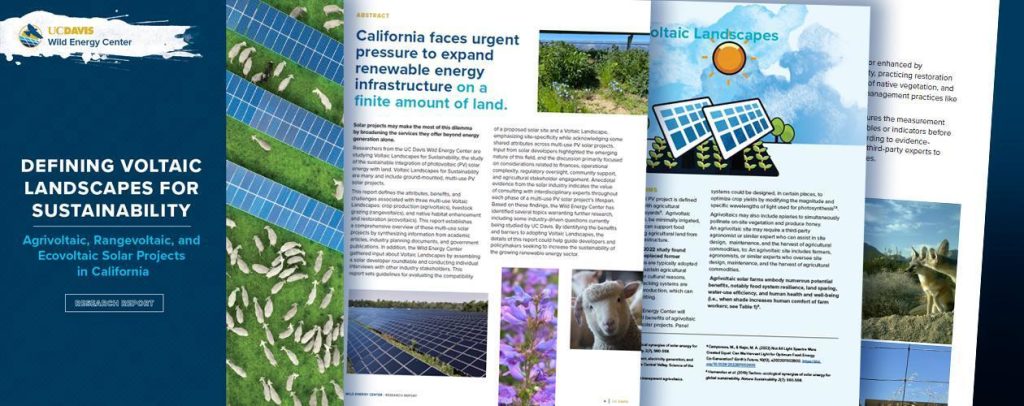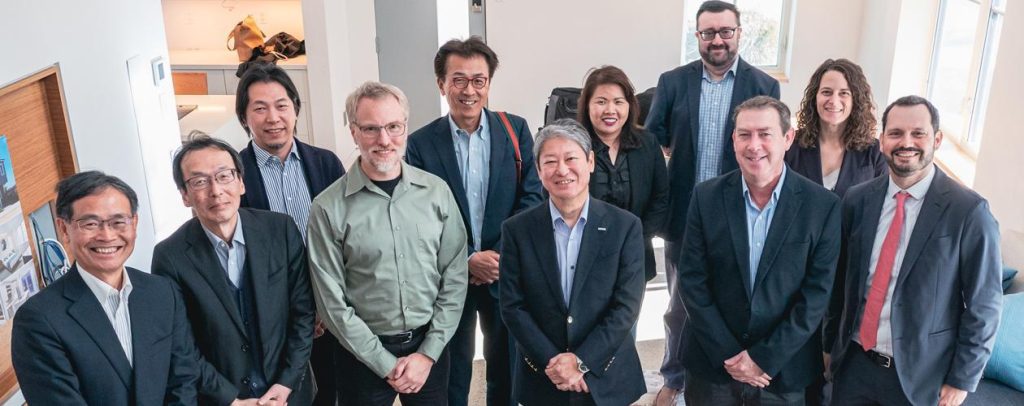Examining Energy Poverty and Climate Vulnerability in the Global South

A recent study analyzes the relationship between energy poverty and climate vulnerability in the Global South, emphasizing the implications of rising temperatures and extreme weather events on resource-constrained populations. The research evaluates disparities in energy access, particularly in informal settlements, and considers the effectiveness of various adaptation measures.
The research was presented by Sarah Outcault, EEI and WCEC Market Transformation Research Director, at the recent International Conference on “Comfort at the Extremes” held in Seville, Spain. Using case studies from India, South Africa, and South Korea, the study examines natural ventilation potential, community-based adaptation planning, and the development of a Household Energy Poverty Index to assess regional energy access disparities. Findings suggest that integrating climate resilience considerations into energy policy is essential for mitigating risks associated with heat stress and other climate-related challenges.
Storing Carbon in Buildings Could Help Address Climate Change
Construction materials like concrete and plastic could lock away billions of tons of carbon dioxide, according to a new study from UC Davis and Stanford University researchers. Published in Science, the study was led by researchers at the UC Davis Materials Decarbonization and Sustainability Center. It demonstrates that storing CO2 in buildings, coupled with decarbonizing the economy, could significantly contribute to global emissions reduction goals.
A Clean Energy Boost for Multitasking Lands

As California faces pressure to grow both food and energy while protecting biodiversity — all on a finite amount of land — a trend is emerging in the field of clean energy: multi-use solar projects, or sustainable voltaics.
A recent report, released by the UC Davis Wild Energy Center, defines such projects and describes the challenges and opportunities they present for the state’s landscapes.
The authors term these projects “voltaic landscapes for sustainability,” which generate solar energy while cultivating additional outcomes:
“Agrivoltaic solar farms” produce crops.
“Rangevoltaic solar ranches” host grazing livestock, such as sheep.
“Ecovoltaic solar parks” increase habitat for biodiversity and other ecosystem services.
EEI Hosts Esteemed Japanese Energy Leaders

EEI recently hosted two distinguished delegations from Japan, fostering international collaboration in energy efficiency, decarbonization, and innovation. On January 9, EEI welcomed Masahiro Shinada, CEO of Panasonic Corporation, along with other top executives from Panasonic. Their visit included discussions on California’s evolving energy policies, a presentation on HVAC technology advancements, and a tour of EEI’s Smart Home and lighting research facilities.
On January 13, EEI hosted representatives from the Institute of Science Tokyo (IST), including Vice President Yoichi Oshima, to discuss research synergies in sustainable energy and transportation. The delegation met with UC Davis leadership from Global Affairs and the Grand Challenges initiative, highlighting shared interests in industry-academic partnerships and Japan’s clean energy transition.
The visits reinforced UC Davis’s role as a global hub for energy innovation, paving the way for future collaborations between California and Japan in advancing sustainable technologies.
Missed GEM? Watch the Videos!

On November 6, UC Davis hosted the sixth annual Global Energy Managers Workshop, bringing together facility managers, students, and faculty from around the world. This gathering served as a platform for sharing best practices in campus energy management, carbon reduction strategies, and fostering community engagement to drive sustainable progress.


